Replacing 1970's Electric Baseboard Heaters
edeevee
10 years ago
Featured Answer
Sort by:Oldest
Comments (16)
ionized_gw
10 years agoRelated Professionals
Brockton Solar Energy Systems · Frankfort Solar Energy Systems · Mesquite Solar Energy Systems · Clearwater Home Automation & Home Media · El Monte Home Automation & Home Media · Lenexa Home Automation & Home Media · Medford Home Automation & Home Media · Novi Home Automation & Home Media · Scottsdale Home Automation & Home Media · Springfield Home Automation & Home Media · Tacoma Home Automation & Home Media · Tarpon Springs Home Automation & Home Media · West Chester Home Automation & Home Media · Barrington Fireplaces · Norton Fireplacesjimisham
10 years agoedeevee
10 years agojimisham
10 years agoedeevee
10 years agojimisham
10 years agoionized_gw
10 years agoedeevee
10 years agoionized_gw
10 years agojimisham
10 years agoedeevee
10 years agofsq4cw
10 years agoionized_gw
10 years agoedeevee
10 years agojackfre
10 years ago
Related Stories
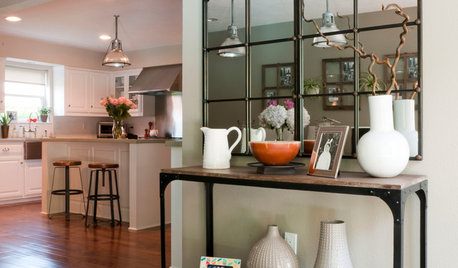
HOUZZ TOURSMy Houzz: Elegant DIY Updates for a 1970s Dallas Home
Patiently mastering remodeling skills project by project, a couple transforms their interiors from outdated to truly special
Full Story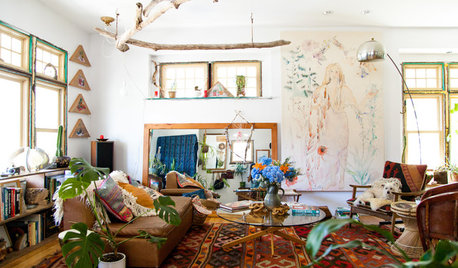
MY HOUZZMy Houzz: Bohemian Home Inspired by Organic 1970s Design
The turn-of-the-last-century home of a creative Portland couple becomes an extension of their art
Full Story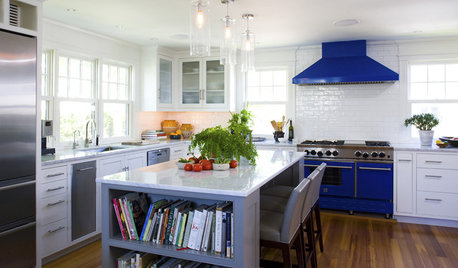
KITCHEN DESIGNSo Over Stainless in the Kitchen? 14 Reasons to Give In to Color
Colorful kitchen appliances are popular again, and now you've got more choices than ever. Which would you choose?
Full Story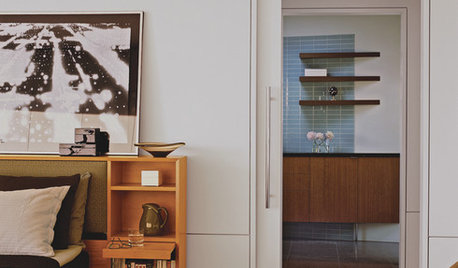
ARCHITECTUREThe Truth About 'Simple' Modern Details
They may look less costly and easier to create, but modern reveals, slab doors and more require an exacting hand
Full Story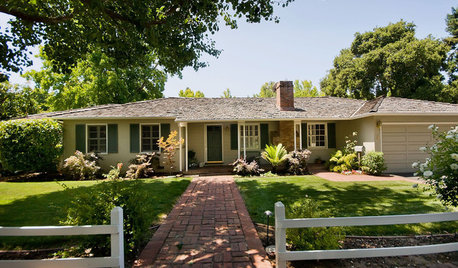
ARCHITECTURE10 Advantages of the Humble Ranch House
Boomer-friendly and not so big, the common ranch adapts to modern tastes for open plans, outdoor living and midcentury mojo
Full Story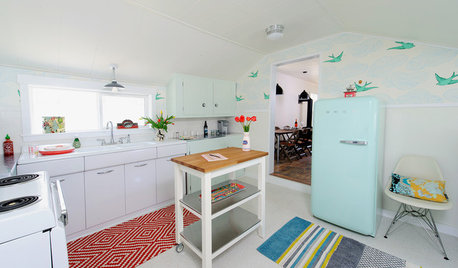
KITCHEN DESIGNKitchen of the Week: A Cottage-Chic Kitchen on a Budget
See how a designer transformed her vacation cottage kitchen with salvage materials, vintage accents, paint and a couple of splurges
Full Story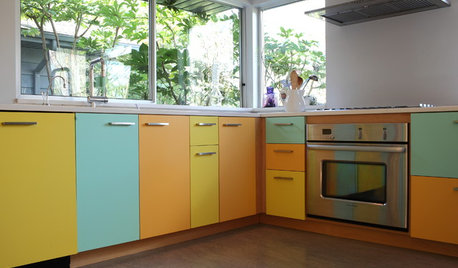
HOUZZ TOURSMy Houzz: A Sherbet-Colored Kitchen and a Spa-Like Bath
Portland, Oregon, homeowners update their 1950s ranch to create their dream ‘glass house’
Full Story
GREAT HOME PROJECTSHow to Add a Radiant Heat System
Enjoy comfy, consistent temperatures and maybe even energy savings with hydronic heating and cooling
Full Story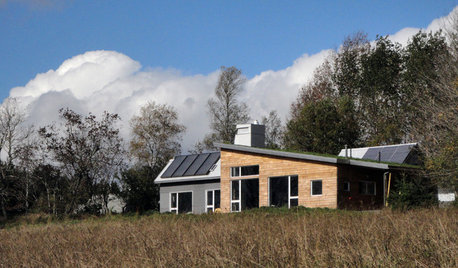
GREEN BUILDINGHouzz Tour: Going Completely Off the Grid in Nova Scotia
Powered by sunshine and built with salvaged materials, this Canadian home is an experiment for green building practices
Full Story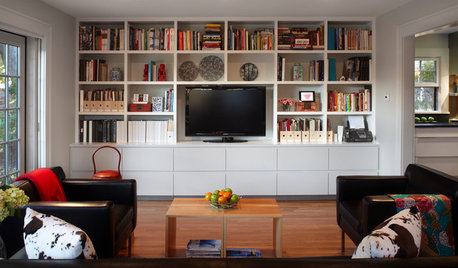
GREAT HOME PROJECTS25 Great Home Projects and What They Cost
Get the closet of your dreams, add a secret doorway and more. Learn the ins and outs of projects that will make your home better
Full StoryMore Discussions







edeeveeOriginal Author